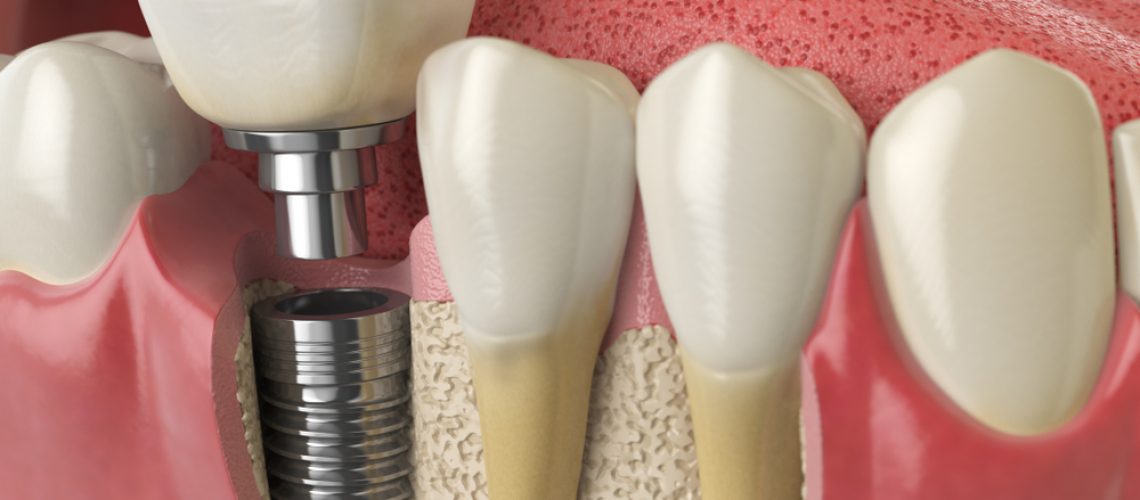In order to have dental implants successfully placed within the jaw, patients are required to have adequate jaw bone volume. A dental implant is held in place by the jaw bone, so patients who have experienced jaw bone deterioration often have difficulties receiving implants. However, there are multiple options for patients with minimal bone volume who still want to receive dental implants to replace their missing or failing teeth. One of the most common solutions is bone grafting, a treatment process that helps rebuild bone in areas where it is lacking. However, this is not the only option and discussing your possibilities with your doctor can help you discover what you can do to help your smile.
When is Bone Grafting Necessary?
When a patient has lost bone volume in an area of the mouth where a tooth is missing, they will not be able to receive implants due to lack of structural support. This is where bone grafting can help. By adding a grafting material combined with a small sample of bone from you or a donor source, the bone can be rebuilt. Bone grafting is often used in these situations where only one tooth or teeth in different areas of the mouth need to be replaced. In cases where bone loss is significant across the entire jaw and a patient is seeking dental implants, bone grafting may also be used.
Can I Get Implants Without Bone Grafting?
Depending on your needs, there is a possibility that you can receive full mouth dental implants without needing bone grafting. With full mouth implant options like All-on-4® dental implants, patients can get their smile restored with minimal implants used. When restoring a mouth with All-on-4 implants, your doctor will only place implants in areas of the mouth that have the most bone volume. This strategic placement of implants can often mean that patients do not need bone grafting, but are still able to receive full mouth dental implants. However, to get All-on-4 implants, a patient must have no teeth in an arch or have their failing teeth extracted, as the procedure restores the whole mouth, not just individual teeth.
What if I Have no Bone Loss?
If you have recently lost a tooth and are looking to replace it with a dental implant, there is a good chance that you have not lost any bone volume yet. Bone deterioration begins once there is no longer stimulation of the jaw bone from a tooth root. But if you seek replacement soon after tooth loss, your bone may not have deteriorated and will still offer the necessary support for an implant. If this is the case, your doctor may be able to place an implant right away!
Make an Appointment Today
Find out if you need bone grafting to restore your mouth to optimal health with dental implants! Reach out to your local dentists, Dr. Edward Halusic and Dr. Christian Moore, in our office in Mt. Pleasant, PA and set up a consultation today!


